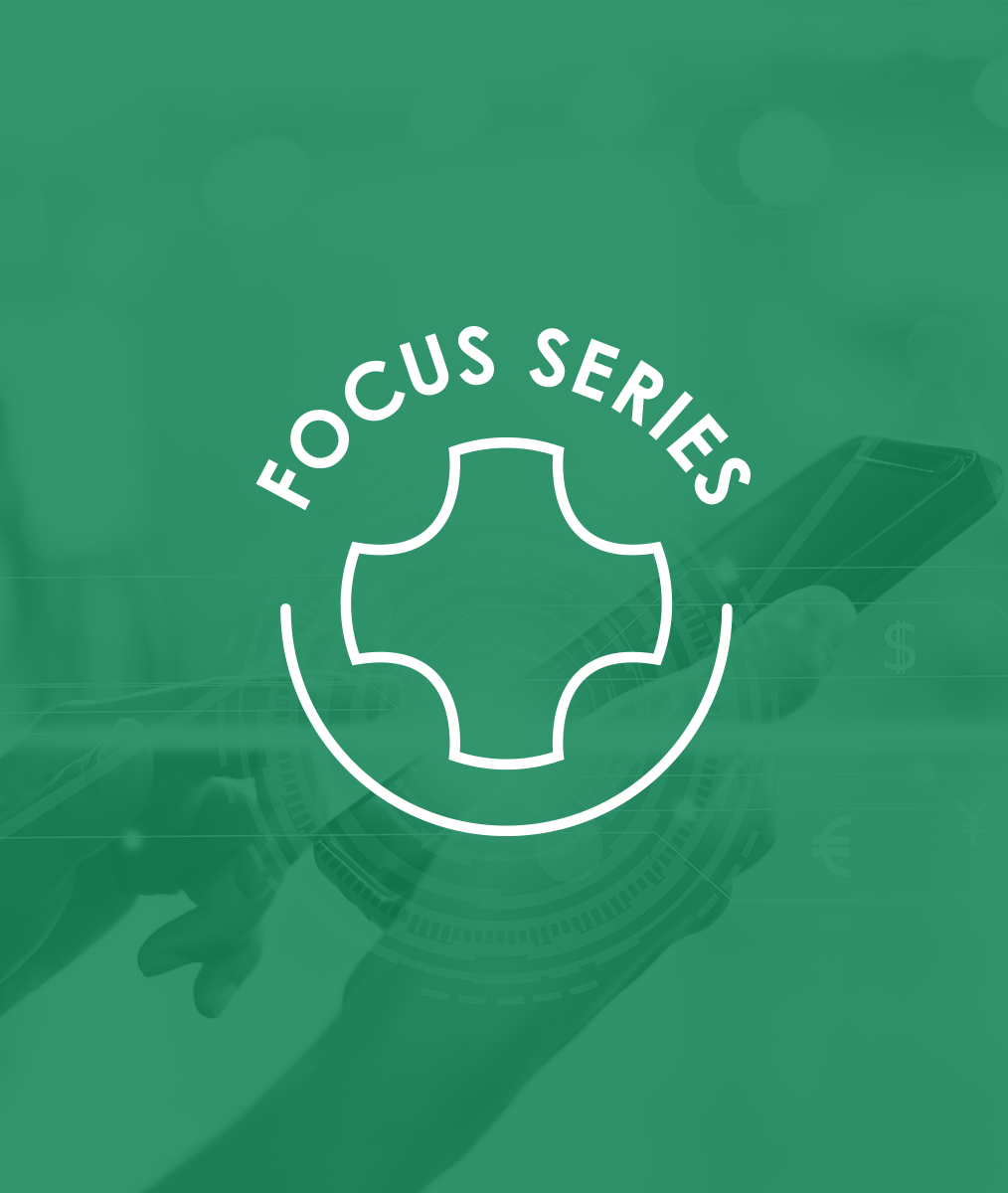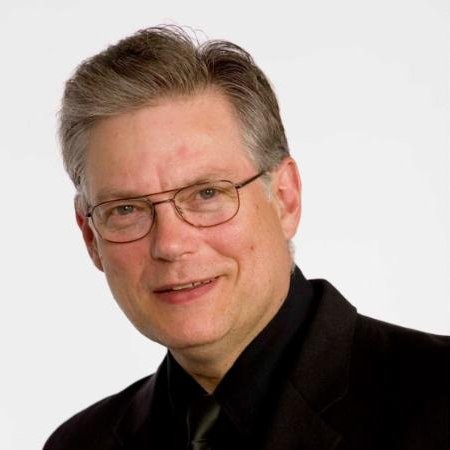
Lifelong Learning Part 1: Change & Process
Gary M. DeWood, DDS, MS
Learning begins from our first moment of awareness as our eyes open and we have a response to something external to us that is brand new. That experience and all the ones that follow until the moment awareness leaves us to shape our reactions to and our actions in the world.
Experiential Learning
The brain is a dynamic and ever-changing organ, constantly adapting to new experiences and knowledge.
When our youngest daughter Katie was a child, I was cooking dinner one night–my turn–and Katie was sitting at the island where the stove was. I turned around to get something from the cupboard and heard a loud inhale followed by a whimper. Upon turning quickly, I saw her move her hand rapidly behind her back. No more sounds came forth, but I saw a tear and I asked her what was wrong. She said in a wavering voice, “Nothing,” and then looking at the stove burners, “Mom told me those were HOT and never to touch them.”
I gently took her hand from behind her and saw the blisters rapidly forming on her fingers. She started crying and said to me, “Please don’t tell mom.” I’m certain she never felt the need to verify the information her mother had given her again. THAT is learning.
All of us have experiences like that every day. Some are memorable and become part of us, embedded in a manner as yet not fully understood inside our brains for almost instant access. Some “learning” seems to fade quickly or never even get recorded. I “touched” a lot of biochemistry information over the years without burning much of anything into my brain. Maybe I should have been touching the stove at the same time. Learning is not simply having an experience of something and then being able to view the recording later.
The Definition of Learning
In nearly all of the definitions I have located in my research I see that CHANGE and PROCESS are prominent parts of learning. For example:
- A change in disposition or capability that persists over time and is not simply ascribable to processes of natural growth.
- Relatively permanent change in a person’s knowledge or behavior due to experience.
- A transformative process of taking in information that, when internalized and mixed with what we’ve experienced previously, changes what we know and what we do.
Choice & Focus
My personal experiences have shown me that a big part of lifelong learning is what you believe about it and how you embrace it. It’s driven by some measure of choice and focus.
Cheryl and I have sought out new ideas in dentistry wherever they took us. One of my friends in dental school, a wonderful man whom Cheryl and I still hold close, took a different path. Sometime around the 10th anniversary of our graduation we were visiting, and he told us that he had been able to get all the continuing education he needed without traveling.
I discovered that his feelings around need and learning as it pertained to dentistry meant satisfying the requirements to stay current with licensure. He is NOT a bad dentist, but like many of the dentists I have come to know in the last 48 years, a hunger for dental learning changed once school was finished.
A Drive for Learning
I am reminded of one of the most original and influential thinkers on the creativity process, Robert Fritz, who believed you can create your life in the same way an artist develops a work of art. He said, “If you limit yourself only to what seems possible or reasonable, you disconnect yourself from what you truly want and all that is left is a compromise.”
As a philosopher and scientist-physician, Dr. L. D. Pankey intentionally observed processes and their results (change) with the goal of becoming better at helping others. The embodiment of compassion, he was highly curious and actively sought ways to alleviate the sufferings and misfortunes of patients and colleagues. He traveled long distances to learn from others’ experiences. He inspired others to know themselves, their patients, and their work on a continuous road of mastery. As a lifelong “leisure” learner, he was interested in a wide range of subjects outside of dentistry as well. Through reflection, he often discovered he could apply this outside learning to his work.
Related Course
Creating Financial Freedom
DATE: March 6 2025 @ 8:00 am - March 8 2025 @ 2:00 pmLocation: The Pankey Institute
CE HOURS: 16
Dentist Tuition: $ 2795
Single Occupancy with Ensuite Private Bath (per night): $ 345
Achieving Financial Freedom is Within Your Reach! Would you like to have less fear, confusion and/or frustration around any aspect of working with money in your life, work, or when…
Learn More>







